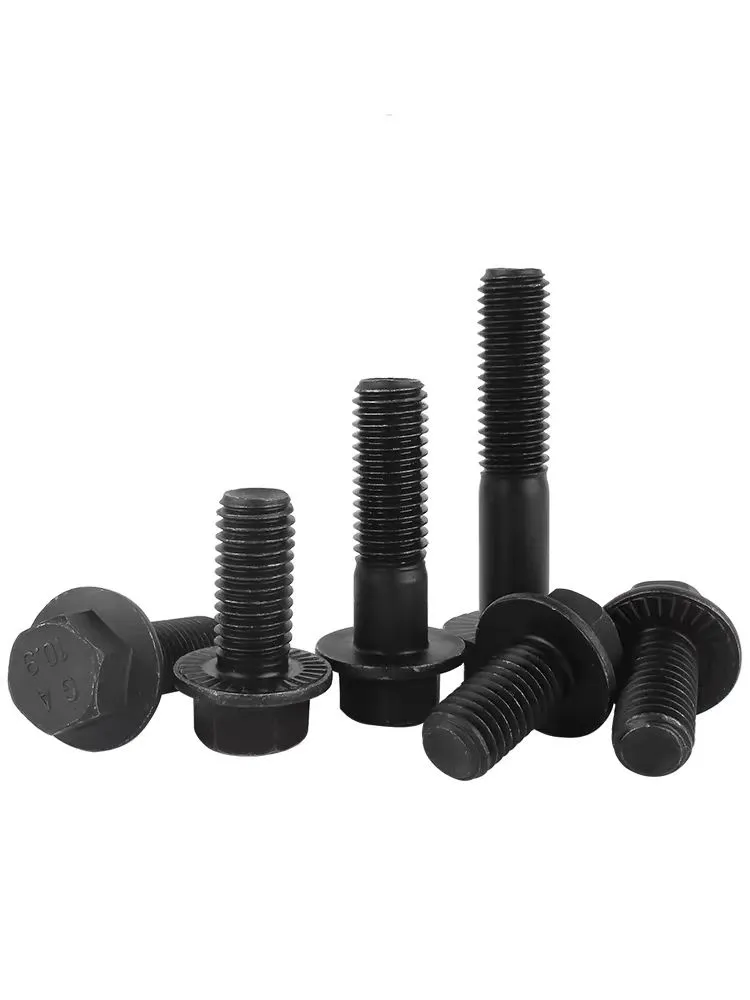

b8 stud bolts
Dec . 26, 2024 05:12 Back to list
b8 stud bolts
Understanding B8 Stud Bolts Properties, Applications, and Advantages
Bolts are integral components in various engineering applications, providing secure fastening solutions in structural and mechanical assemblies. Among these, B8 stud bolts stand out due to their unique properties and versatile applications. This article delves into the characteristics, uses, and benefits of B8 stud bolts, highlighting their importance in modern engineering.
What are B8 Stud Bolts?
B8 stud bolts refer to a specific type of fastener made from a high-strength stainless steel alloy. The term B8 is often associated with the ASTM A193 standard, which governs the specifications for alloy steel and stainless steel bolting materials. B8 indicates that the alloy contains chromium and nickel, which provide excellent corrosion resistance and mechanical strength.
Typically, B8 stud bolts are produced in two grades B8 and B8M. Grade B8 is an austenitic stainless steel with a high-temperature capability, often used in environments where good oxidation resistance is necessary. Grade B8M, on the other hand, offers enhanced resistance to stress corrosion cracking and is ideal for applications involving chloride concentrations.
Properties of B8 Stud Bolts
B8 stud bolts are known for their exceptional properties, making them suitable for a wide range of applications. Key characteristics include
1. High Strength B8 stud bolts possess high tensile strength, which allows them to withstand substantial loads without deforming or fracturing.
2. Corrosion Resistance Made from chromium-nickel alloy, B8 bolts provide excellent resistance to oxidation and corrosion, making them ideal for harsh environments.
3. Temperature Resistance B8 bolts can perform well at elevated temperatures, ensuring durability in applications such as power plants and industrial setups.
4. Versatility Their compatibility with various materials, including plastics and metals, allows B8 bolts to be used in diverse industries.
Applications of B8 Stud Bolts
b8 stud bolts

Due to their strength and resistance to corrosion, B8 stud bolts are employed in several sectors, including
- Oil and Gas Industry They are commonly used in pipelines, valves, and fittings, where robustness and resistance to harsh conditions are essential.
- Chemical Processing B8 stud bolts are favored in chemical plants for their ability to resist corrosive substances, ensuring the integrity of critical components.
- Heavy Machinery They are used in engines, turbines, and other machinery that require secure fastening at high loads.
- Construction In construction, B8 bolts are often utilized in structural applications where strength and durability are paramount.
Advantages of Choosing B8 Stud Bolts
1. Long Lifespan The inherent properties of B8 stainless steel guarantee a long service life, reducing the need for frequent replacements and maintenance.
2. Safety High-strength B8 bolts provide reliable fastening, contributing to the overall safety and stability of structures and machinery.
3. Cost-Effectiveness While the initial investment might be higher compared to standard bolts, the longevity and performance of B8 studs can lead to reduced lifecycle costs.
4. Sustainability Given their corrosion resistance, B8 bolts can contribute to more sustainable engineering solutions by decreasing material waste over time.
Conclusion
B8 stud bolts are an essential component in various industrial applications, offering a blend of strength, corrosion resistance, and versatility. Their unique properties make them indispensable in sectors such as oil and gas, chemical processing, and heavy machinery. By understanding the benefits and suitable applications of B8 stud bolts, engineers and manufacturers can make informed decisions that enhance both safety and efficiency in their operations. As industries continue to evolve, B8 stud bolts will undoubtedly play a crucial role in meeting the demands of modern engineering challenges.
Latest news
-
Hot Dip Galvanized Bolts-About LongZe|High Strength, Corrosion Resistance
NewsJul.30,2025
-
High-Strength Hot Dip Galvanized Bolts - Hebei Longze | Corrosion Resistance, Customization
NewsJul.30,2025
-
Hot Dip Galvanized Bolts-Hebei Longze|Corrosion Resistance&High Strength
NewsJul.30,2025
-
High-Strength Hot-Dip Galvanized Bolts-Hebei Longze|Corrosion Resistance&High Strength
NewsJul.30,2025
-
Hot Dip Galvanized Bolts-Hebei Longze|Corrosion Resistance&High Strength
NewsJul.30,2025
-
Hot Dip Galvanized Bolts - Hebei Longze | Corrosion Resistance, High Strength
NewsJul.30,2025

